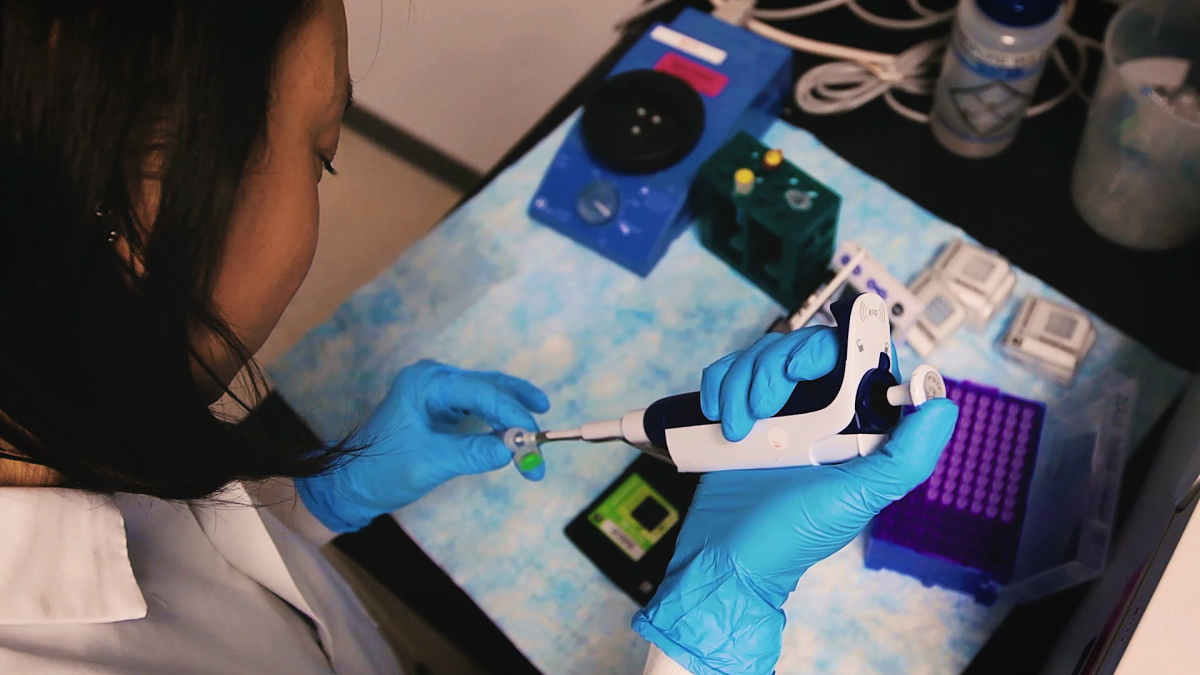Many medications and treatments were designed with a one-size-fits-all approach that doesn’t account for individual differences. However, Ochsner Health precision medicine takes an innovative approach to tailor your healthcare to your unique combination of genes, environment and lifestyle.
Precision medicine, often called personalized medicine, is a state-of-the-art approach that allows your doctors in Louisiana and the Mississippi Gulf Coast to use genetic tests and screenings to provide exceptional, individualized care.
With precision medicine, you can receive:
Disease prevention recommendations that are unique to you
Early cancer detection and targeted treatment options
Improved personalized medicine recommendations, including targeted cancer therapies
More complete understanding of your risk factors for developing certain cancers and genetic conditions
Why choose precision medicine at Ochsner?
Ochsner leads the way with the only dedicated precision medicine team in the region. Our precision medicine team works closely with doctors, genetic counselors and other specialists in Ochsner clinics, hospitals and labs throughout the area. These partnerships make leading-edge care convenient by allowing us to bring our customized approach and testing options to you.






